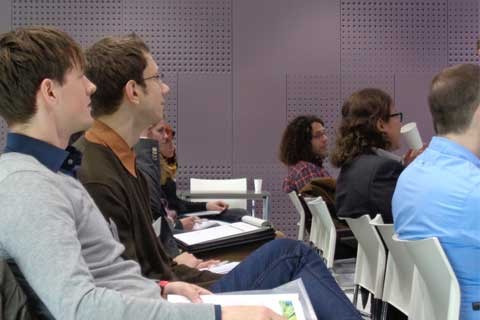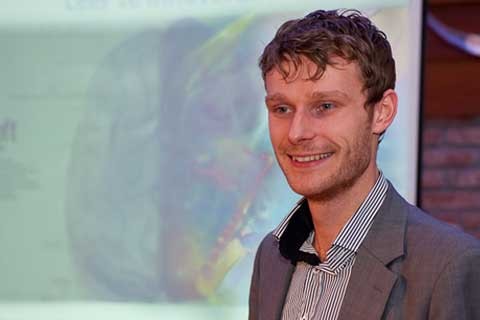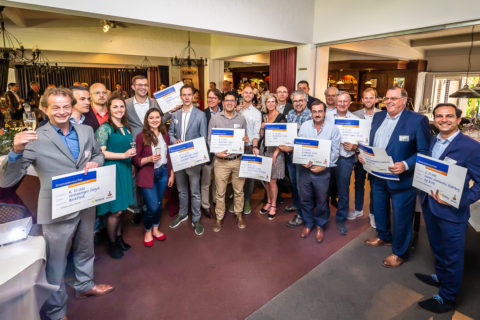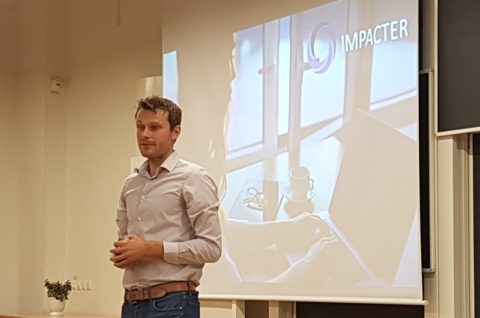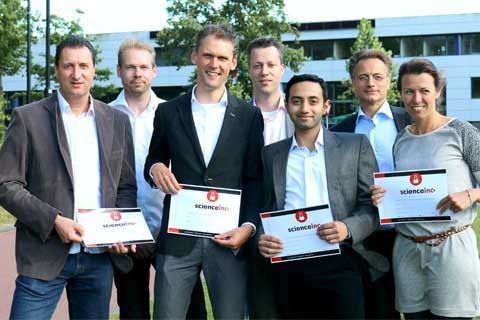In September 2016, Joris Koenders graduated with his masterthesis on knowledge utilization. He conducted his research as an intern with us and below you’ll find a short impression on what he did.
It has already been 6 months since I wrote my introduction and now I am a graduated Master of Science with a nicely written thesis at IDfuse. I survived my internship and Paul and Tijmen even spoke to me about finding a Joris 2.0, so I guess I did something right.
In the past half year, I have become well acquainted with the subject of valorization/knowledge utilization/impact. It is a hot topic in The Netherlands, with more regulation on knowledge utilization to stimulate scientists to think about the purpose of their research and possible applications. Scientists perceive this as an inhibitor on their creativity and as a lodestone to the most fundamental of research. The aim of my project was to see how scientists were influenced by this focus on knowledge utilization. I gathered, analyzed and compared proposals from scientists that were awarded a Veni or Vidi grant in the innovation impulse program of NWO. The study provided interesting insights into the knowledge utilization paragraphs.
To study the effectiveness of the knowledge utilization paragraphs, the paragraphs were analyzed and scored on the knowledge transfer activities, readability, specificity, terminology and use of active and passive voice in their writing. These parameters were also used to compare different NWO disciplines and Veni- and Vidi candidates. Unintended side-effects of the focus on the paragraph were also speculated upon, and possible effects might be an increase in entrepreneurial activity and reduced time for academic work due to increase time spend on knowledge utilization.
Results show an increase in knowledge utilization promises in 2015, compared to 2013 and 2014. Other parameters did not show significant differences. No increase in entrepreneurial activity could be seen when looking at the proposals and it became clear from the interviews that time spent on research was not hindered by knowledge utilization. Differences were found between disciplines and it appeared that more senior (Vidi) scientists were more specific in the writing of their proposals than their junior (Veni) colleagues. Full results can be read in my Thesis.
I’ve greatly enjoyed my stay at IDfuse and hope to run into Paul and Tijmen again in the years to come.
Joris Koenders

